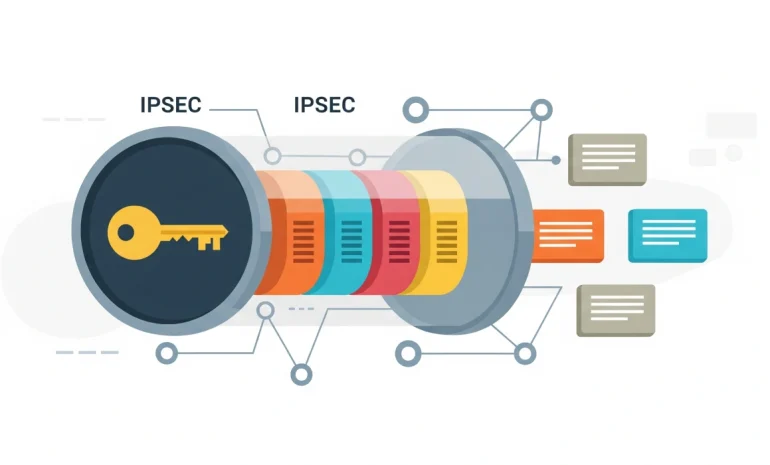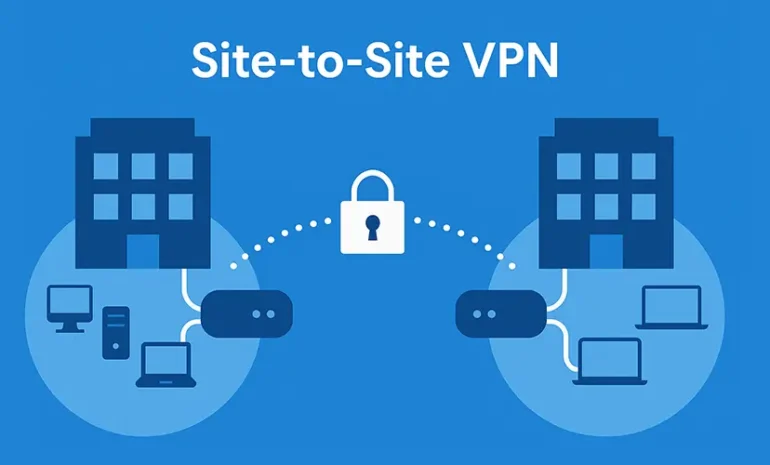With privacy concerns on the rise, many internet users turn to VPNs to safeguard their digital identity. But one pressing question remains: can you be tracked with a VPN? The short answer is no — if you’re using a trustworthy VPN provider. However, your online behavior and the VPN’s features play a crucial role in keeping you anonymous.
What Does a VPN Actually Hide?
A virtual private network (VPN) encrypts your internet traffic and hides your IP address. When you connect to a VPN like Vpnymous, it routes your data through a secure server, masking your real location and shielding your activity from ISPs, hackers, and even government surveillance.
Whether you’re streaming content, sending messages, or browsing the web — a premium VPN ensures your data is encrypted and unreadable to outsiders.
Who Can Track You Online?
Even in today’s encrypted world, there are still several groups that attempt to monitor your activity:
- Internet Service Providers (ISPs): Without a VPN, they can log every website you visit.
- Government Agencies: Many governments track user data through ISPs and tech companies.
- Cybercriminals: On public Wi-Fi, hackers can easily intercept unprotected data streams.
- Ad Trackers and Analytics Firms: They use cookies and browser fingerprinting to follow you across the web.
Does a VPN Make You 100% Untraceable?
A premium VPN dramatically reduces your traceability, but no tool offers perfect anonymity. Here’s why:
- Cookies: Stored on your device, cookies can track browsing habits, even with a VPN.
- Browser Fingerprinting: Unique settings like screen resolution and installed plugins can help identify you.
- Account Logins: If you’re logged into your Google or Facebook account, they can still track you — VPN or not.
- Malware and Spyware: If your device is compromised, a VPN won’t prevent keyloggers or spyware from collecting your information.
Still, none of this affects your network traffic — a VPN like Vpnymous keeps that fully encrypted.
What About Free VPNs?
Free VPNs often do the opposite of what you want: instead of protecting your data, they may log and sell it. These services can track your IP, session time, and even the websites you visit. If you’re serious about privacy, avoid free VPNs at all costs and go with a zero-log provider like Vpnymous.
Can You Be Tracked if Your VPN Disconnects?
Yes — the moment your VPN connection drops, your real IP and traffic become exposed. This is why Vpnymous includes a Kill Switch feature that immediately cuts your internet connection to prevent any data leaks.
Can the Government Track VPN Users?
While governments can often detect that you’re using a VPN, they cannot see your activity if your VPN provider doesn’t keep logs. Vpnymous adheres to a strict no-logs policy, meaning even if compelled, there’s no data to hand over. Unlike government-approved VPNs in countries like China, which often include surveillance backdoors, Vpnymous guarantees privacy and transparency.
Can Google Still Track You?
Yes — but only if you let them. If you’re logged into your Google account while using a VPN, your activity can still be associated with your profile. To minimize this:
- Log out of Google services.
- Use incognito mode or privacy-focused browsers like Brave.
- Enable cookie blockers and script blockers.
Can My Employer Track Me on a VPN?
If you’re using a commercial VPN like Vpnymous on your personal device, your employer cannot track your online behavior. However, business VPNs provided by employers may log your activity. If privacy is your goal, use your own VPN service and device.
How Can You Tell If Someone Is Using a VPN?
While IP addresses of VPN servers can be identified using online databases, this doesn’t reveal user identity — only that the person is connected via a VPN. Vpnymous also supports obfuscated servers, which hide the fact that you’re using a VPN altogether.
Can VPNs Be Detected?
Yes, through methods such as:
- Known VPN IP databases
- Port identification (e.g., OpenVPN over port 1194)
- Deep Packet Inspection (DPI)
To prevent this, Vpnymous supports obfuscation and dynamic port switching to bypass detection even in restricted regions.
How to Be Truly Untraceable Online
Total anonymity may be a myth, but you can minimize your footprint:
- Use Vpnymous with a kill switch and no-logs policy
- Browse using privacy-first browsers like Brave or Tor
- Block cookies and fingerprinting scripts
- Clear your cache regularly
- Use encrypted messaging apps
- Avoid logging into personal accounts during sensitive browsing
Looking for a VPN That Truly Protects Your Privacy?
Choose Vpnymous — a VPN service designed for absolute anonymity and freedom. With features like open-source clients, crypto payment options, zero logs, and support for all major protocols, Vpnymous is your all-in-one privacy solution.
Pay with Bitcoin, Ethereum, and more
No email or phone number required
Connect via OpenVPN, WireGuard, L2TP, or IKEv2
Compatible with routers, desktops, and mobile devices
Related Guides:
VPN vs HTTPS: Why You Still Need a VPN in HTTPS World


